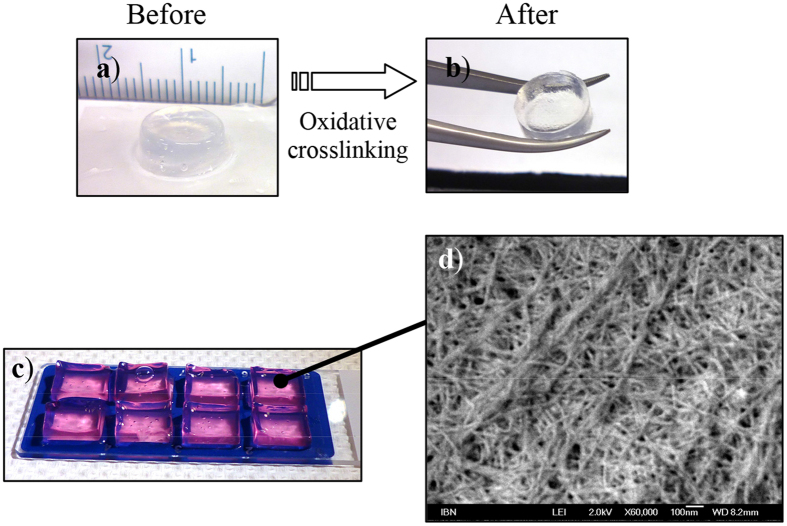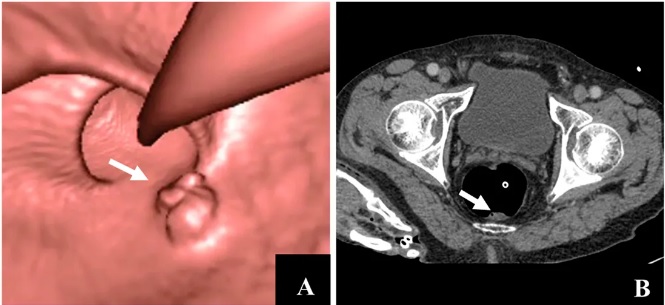AI Model MAARS Enhances Prediction of Sudden Cardiac Death Risk

A groundbreaking artificial intelligence tool developed by researchers at Johns Hopkins University, named MAARS (Multimodal AI for ventricular Arrhythmia Risk Stratification), has demonstrated significant advancements in predicting sudden cardiac death in patients with hypertrophic cardiomyopathy (HCM). This condition is recognized as the most prevalent inherited heart disorder, affecting approximately 1 in 500 individuals globally. The MAARS model surpasses traditional clinical tools in accuracy, marking a potential paradigm shift in the management of cardiac risks.
The model employs a sophisticated approach, integrating various data sources, including electronic medical records, cardiac MRI scans, and imaging reports to evaluate individual patient risk profiles. In initial studies, MAARS achieved an internal area under the curve (AUC) score of 0.89, and an external validation AUC score of 0.81, both of which are significantly higher than existing risk calculators endorsed by both American and European cardiac guidelines (Journal of the American College of Cardiology, 2023).
Dr. Emily Carter, a lead researcher and cardiologist at Johns Hopkins, emphasized the importance of these results, stating, "Our findings indicate that MAARS can detect arrhythmia-related risks more accurately by interpreting raw cardiac MRI data, particularly in scans enhanced with gadolinium, which are often overlooked in standard assessments." This represents a crucial advancement, particularly for younger HCM patients who are at risk of sudden cardiac events yet currently benefit little from conventional monitoring methods.
Despite the promising results, researchers caution that the study's scope was limited to small cohorts from Johns Hopkins and the Sanger Heart & Vascular Institute in North Carolina. Dr. James Lee, a cardiology expert from the University of North Carolina, noted, "While MAARS shows great potential, its dependence on large and complex datasets may present challenges for broader clinical implementation. Further research with larger and more diverse populations is necessary to validate these findings."
The implications of MAARS are far-reaching. By uncovering hidden patterns in medical histories and imaging, the AI tool could significantly personalize patient care, ultimately reducing unnecessary interventions such as defibrillator implants. According to Dr. Sarah Johnson, a Professor of Cardiology at Harvard Medical School, "Tools like MAARS could revolutionize the way we approach cardiac care and risk stratification, leading to better outcomes for patients."
In recent years, there has been an increasing interest in the application of AI in healthcare, with various studies illustrating the potential for AI to improve diagnostic accuracy and patient outcomes. For instance, a 2022 study published in the New England Journal of Medicine highlighted AI's role in enhancing diagnostic processes across multiple medical disciplines. As healthcare continues to evolve, the integration of AI technology is expected to play a pivotal role in shaping future clinical practices.
Looking ahead, as researchers continue to refine MAARS and conduct larger trials, the tool may become a critical asset in the fight against sudden cardiac death, providing insights previously unattainable through traditional methods. The ultimate goal remains clear: to protect patients more effectively and ensure that those most at risk receive timely and appropriate care.
Advertisement
Tags
Advertisement





